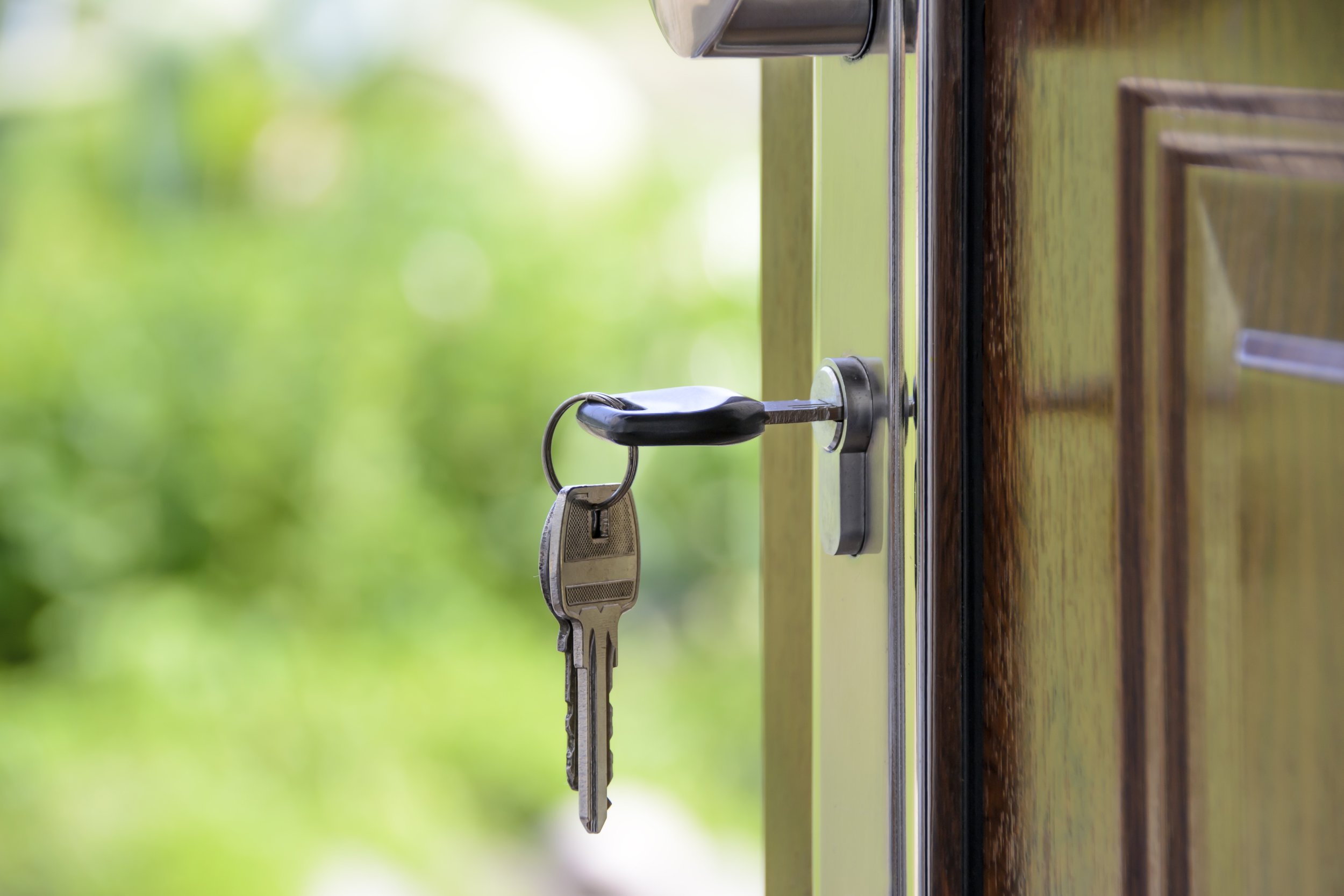Below we provide an outline of some of the tax deductions for rental property landlords can deduct. This blog post focuses on ‘normal’ lets (rather than furnished holiday lets, which have slightly different rules) in an individual’s own name (rather than through a company).
Expenses are categorised in 1 of 2 ways for tax purposes. These are:
Revenue expenses (these are the expenses that reduce the rental profit for income tax purposes).
Capital expenses (these can be used when the property is sold and can be set against the amount of the gain made, which reduces the capital gains tax bill).
This blog focuses purely on revenue expenses that can be deducted from rental income.
Revenue expenses
As a general rule, landlords can claim the expenses of running and maintaining their rental property as revenue expenses against their rental income, provided the expense is incurred wholly and exclusively for the purpose of the renting out of the property. Typical expenses can include:
Letting agent fees,
Rent, ground rent and service charges,
Water rates, council tax, gas and electricity,
Landlord insurance,
Costs of services, including the wages of gardeners and cleaners (as part of the rental agreement),
Legal fees in respect of lets of a year or less, or for renewing a lease of less than 50 years,
Accountancy fees,
Direct costs such as travelling to the property or advertising for new tenants,
Replacement of domestic items (see more detail below),
Mortgage interest – but the rules are changing on the deductibility of mortgage interest; see our blog post on this.
Private elements to expenses
Where an expense is not incurred wholly and exclusively for the purpose of the rental business (for example utility bills where only part of the property is rented out (for example where an individual rents out a room in their own house and isn’t claiming rent-a-room relief), the expense has to be apportioned between business and non-business use.
Rent-a-room relief
The rent-a-room scheme lets individuals earn up to a threshold of £7,500 per year tax-free from letting out furnished accommodation in their own home. This is halved if they share the income with their partner or someone else.
The tax exemption is automatic where the individual earns less than the threshold.
Individuals must complete a tax return if they receive more than the threshold. They can then opt into the scheme and claim their tax-free allowance, and this is done on the tax return.
Alternatively, individuals can choose not to opt into the scheme and instead record their income and expenses on the property pages of their tax return.
Replacement of domestic items
Replacement of domestic items relief has been around since April 2016 and it applies to the replacement of domestic items in a residential property/dwelling house. Examples of domestic items include:
Movable furniture for example beds, free-standing wardrobes,
Furnishings for example curtains, linens, carpets, floor coverings,
Household appliances for example televisions, fridges, freezers,
Kitchenware for example crockery, cutlery.
The new item must be solely provided for use by the tenants in a dwelling house and the old item must no longer be available for use in that dwelling house.
The initial cost of purchasing domestic items for a dwelling house isn’t a deductible expense so no relief is available for these costs. Relief is only available for the replacement item.
Costs of refurbishment & pre-commencement expenditure
Refurbishment costs are allowable as revenue expenses provided that the property is in a lettable state. HMRC’s guidance states that a property acquired that wasn’t in a fit state for use in the business (in this case, the rental business) until the repairs had been carried out or that couldn’t continue to be let without repairs being made shortly after acquisition, is one where the refurbishment costs would be considered a capital expense and therefore not deductible from rental profits.
Landlords may incur expenses for the purposes of a rental business before that business starts. If so, they may be able to claim a deduction for qualifying pre-commencement expenditure once the letting begins which is treated as incurred on the day that the letting begins and is deducted from the rental income in the first tax year.
Qualifying pre-commencement expenditure:
· is incurred within seven years before the date the rental business started,
· is not otherwise allowable as a revenue deduction for tax purposes, and
· would have been allowed as a deduction if it had been incurred after the rental business started.
Record keeping
Individuals should keep details of:
the dates when they let out their property
all rental income
any income from services given to tenants (for example charges for maintenance or repairs)
rent books, receipts, invoices and bank statements
allowable expenses incurred to run the property (for example services such as cleaning or gardening)
Contact Us
Please contact us to find out how the above applies in your circumstances, how you can reduce your tax liabilities and maximise your tax efficiency.
Please note that the above is for general information only and does not constitute financial or tax advice. You should not rely on this information to make or refrain from making any decisions. You should always obtain independent professional advice in respect of your own situation.


